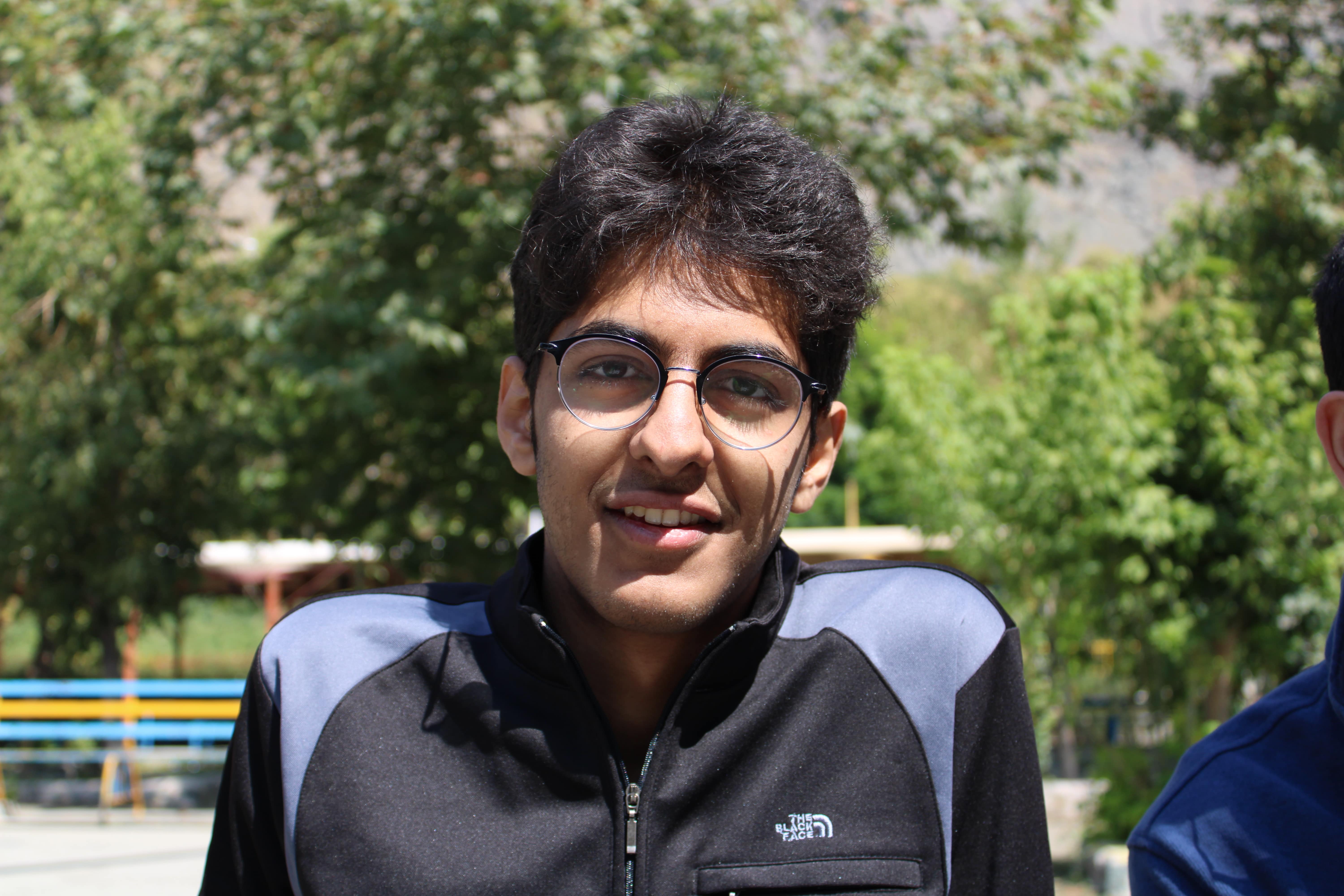Arshia Soltani Moakhar

I have wanted to be a researcher since middle school, fascinated by mathematical problems and intrigued by challenges. I pursued my interest further in high school by participating in the computer science olympiad, which led to my earning a silver medal in the International Olympiad in Informatics and participating in ICPC world final.
I also continued to nurture my algorithmic interests by joining the National Olympiad in Informatics committee as a member, contributing to the national olympiad in various capacities. These roles include, but are not limited to, serving as the summer camp principal graph lecturer (2021), leading the algorithmic problem design team for national team selection contests (2021, 2020), and heading the algorithmic problem design team for the national summer camp in informatics (2020, 2019).
Furthering my education, I majored in computer engineering and joined Dr. Rohban’s Lab. In this lab (Robust and Interpretable Machine Learning Lab), I published a paper in NeurIPS 2022 on adversarially robust Out-of-Distribution detection. This is not my only venture in the lab; you can read about some failed projects on the Project.
Since commencing my bachelor’s degree, I have been intrigued by Game Theory. To delve deeper, I completed various online and in-person courses, which further piqued my interest in Game Theory and Mechanism Design. Driven by my interest in both Game Theory and Machine Learning, I initiated a project within Dr. Rohban’s Lab focusing on these topics. This project aimed at aligning self-interested neurons in a neural network with a local utility function.
Additionally, during an internship at the Institute of Science and Technology Austria (IST Austria), I published a paper at ICML 2024 on the utilization of sparsity to enhance interpretability. Under the mentorship of Professor Dan Alistarh, this internship introduced me to the intriguing literature surrounding Sparsity and Interpretability, which I find very fascinating.
selected publications
- ICLR